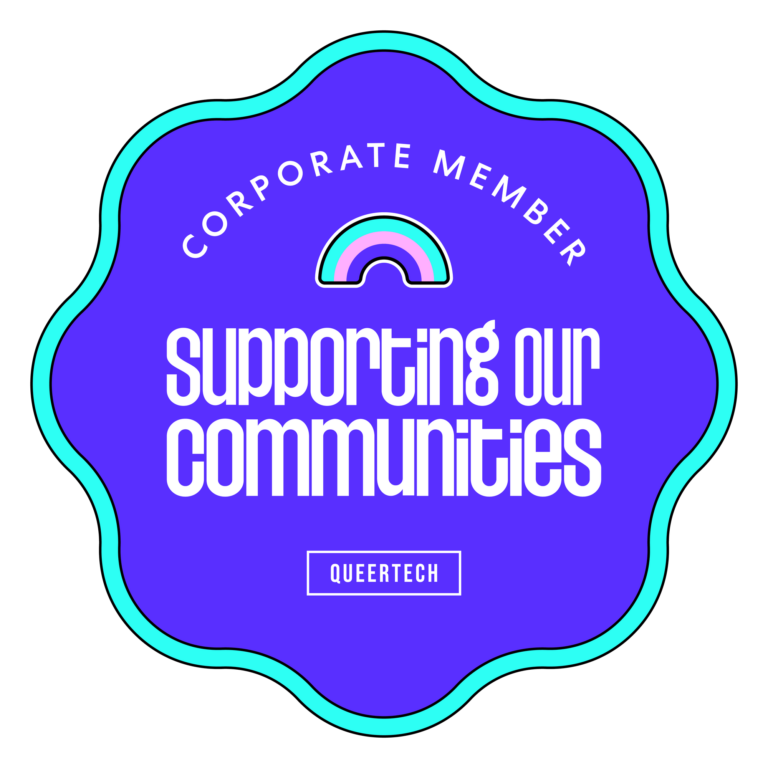As you start a business and then work to build your start-up, often you will hear about the four types of entrepreneurship: Small Business Entrepreneurship, Scalable Start-up Entrepreneurship, Social Entrepreneurship and Large Company Entrepreneurship.
Think about your local hardware store, coffee shop, garden centre. These are all examples of small business entrepreneurship. This category doesn’t mean that you don’t have a large team and great revenue, but your path forward is likely different than the other categories below. Some small businesses do scale up – think of a chain of coffee shops, where they decide to adopt a franchise model (Tim Horton’s for example), and this can mean that your business can move between categories, but the category you fall into is based on where your business is right now.
A scalable start-up is often a business that is using technology or creating technology in the business. Think of a SAAS (Software-as-a-Service) company that creates a Customer Relationship Management (CRM) software. They are going to sign on subscribers for a monthly or annual fee. The business falls into a space with a large market size and the potential for them to grow quickly and exponentially exists.
Social entrepreneurship is mission-driven work. Think of an entrepreneur who develops an assistive device, or someone who is working on making clean water more accessible to people living in rural, remote locations in poverty. These are social missions, sometimes based on the UN’s Sustainable Development Goals. A social entrepreneurship entity can be any size.
This is where a larger company spins off a new division. Though isn’t the type of entrepreneurship we often engage with, it’s an exciting category, where we see disruptive innovation started by a company with the funding to move quickly and make a difference.
Why do the types of entrepreneurship matter?
As you consider starting a business and becoming an entrepreneur, these categories of business are important, because which one you fall into will impact the options that are right for you, and what programs and funding are available to you. The various types to have some amount of overlap and you may find yourself questioning what group you fall into. Small business and scalable start-up entrepreneurship are likely the easiest categories to determine. Social entrepreneurship can easily lay over either of these categories, and it may be useful for you to decide what you identify with most. Most of the clients we see at Innovation Factory fall into these three categories.
Funding for your business
Each category brings considerations for funding and grant opportunities, as well as what kind of network you’ll want to build as you embark on the road of starting up a business.
Support and funding sources can include:
- grants
- loans
- local municipal programs (that encourage businesses to get started in their communities)
- borrowing programs to fund inventory
- coaching and mentoring
Support and funding sources can include:
- grants
- loans
- accelerator and incubator programs
- export programs
- trade missions
- venture capital funds
- angel investment fund
- coaching and mentoring
Support and funding sources can include:
- grants
- loans
- accelerator and incubator programs
- alternative/social-focused funding vehicles (e.g., B Corps)
- coaching and mentoring
How Innovation Factory can support your business
At Innovation Factory our team of expert staff and business advisors are ready to help all three of these types of start-ups navigate the ups and downs of starting a business. We provide programming for start-ups and entrepreneurs, networking opportunities and start-up resources (plus many other things). Our experts have extensive experience across various sectors and bring diverse skill sets to the table as they work with clients. Reach out here for more information and to apply to become a client.
Already a client? Reach out to your advisor and ask how we can help! All entrepreneurs need resources and we want to be one of yours.
Blog Author

Julie Ellis
Julie Ellis is a speaker, author and leadership coach to corporate leaders and scaling Entrepreneurs. She is a co-founder of award-winning Mabel’s Labels, one of Canada’s greatest small business success stories.
Julie’s book, Big Gorgeous Goals is written for women entrepreneurs who want to step out of the small box they find themselves in and set world domination in their sights. In discussion with over a dozen women entrepreneurs, Julie explores their stories of why and how they have achieved great things in their lives and careers, and pairs that knowledge with her own stories of how she built, grew and sold her business to a giant in her industry.






